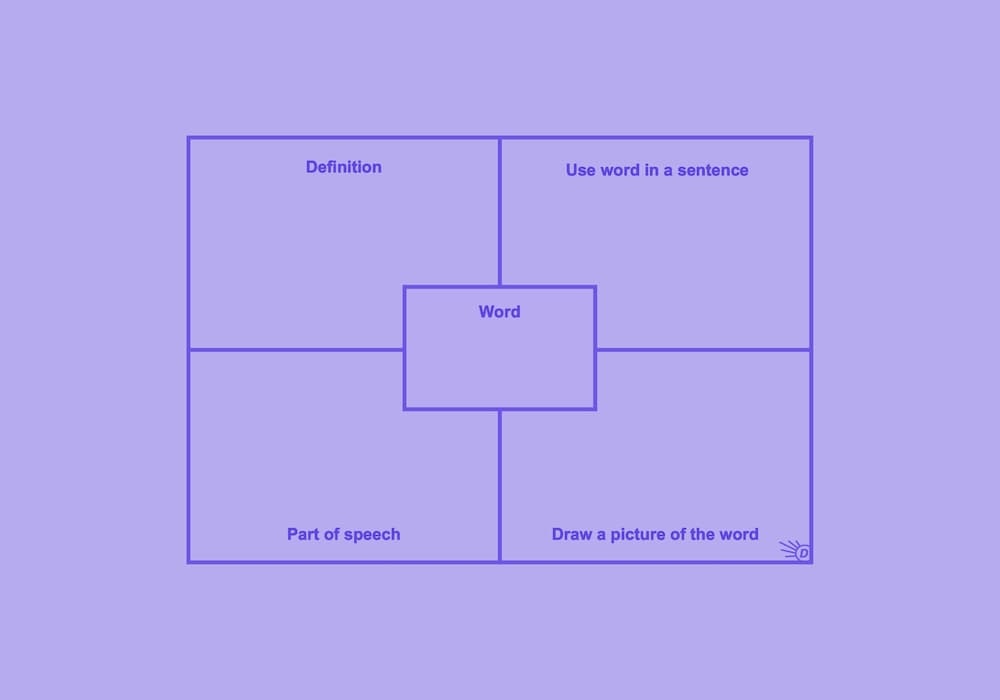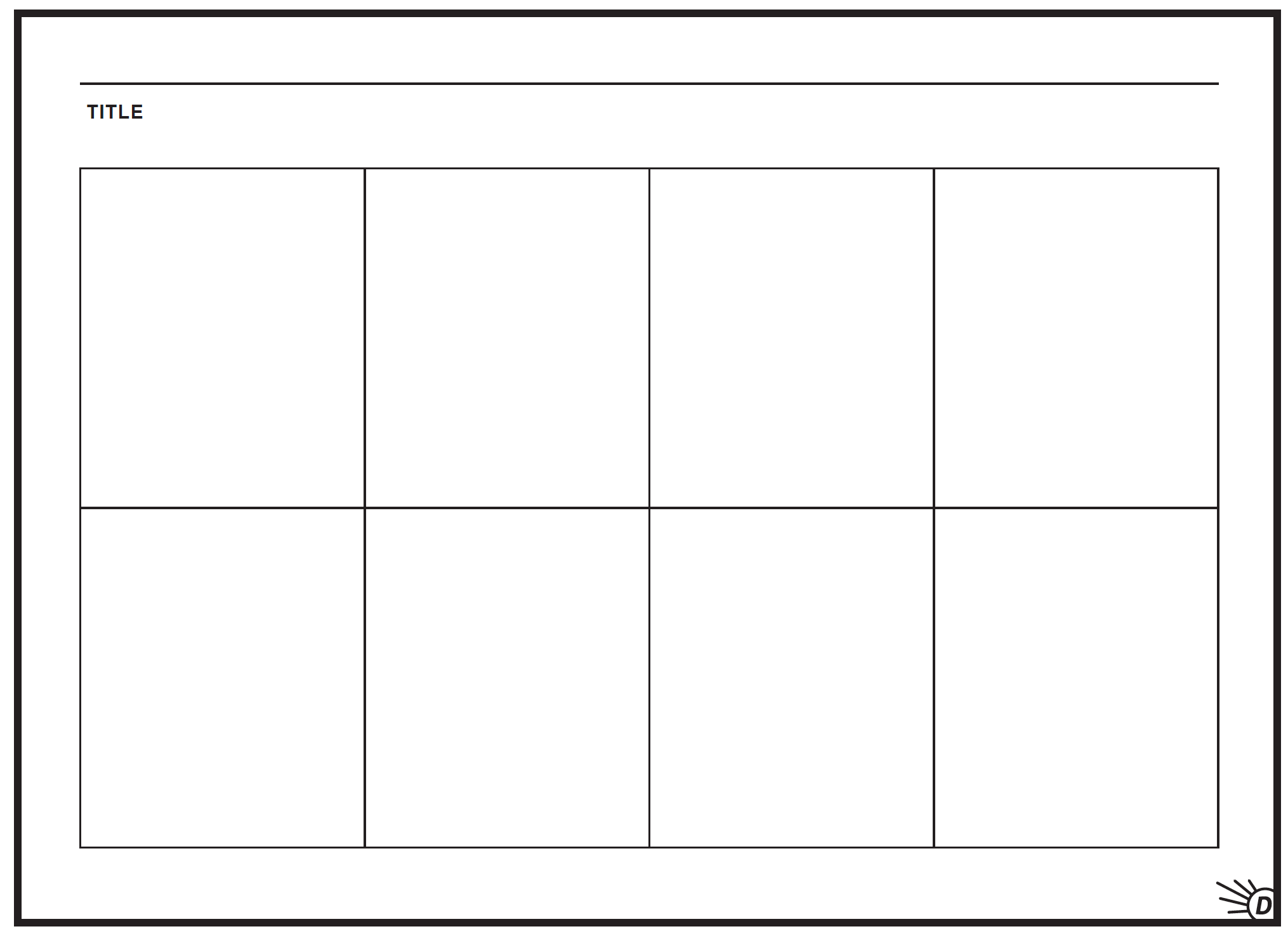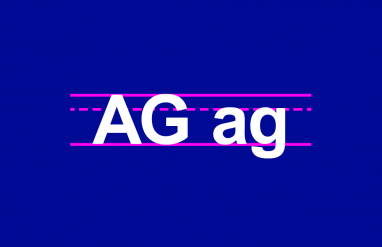Want your kid to build their English vocabulary and have fun?
We’ve collected over 10 vocab activities aimed at middle school students to build vocab, explain different parts of the English language, and answer those common English language questions. You might even have a little bit of fun.
Learning about words in the news
Read the following coronavirus informational texts.
- What does COVID-19 mean?
- Coronavirus: The Words You Need To Understand The News
- “Epidemic” vs. “Pandemic”
Then answer these close-reading questions in the Thesaurus.com Writing Tool.
- What is the coronavirus, and how is it abbreviated?
- What are 3 possible symptoms of the coronavirus?
- How can you ensure you’re washing your hands long enough to get rid of germs?
- What are other ways you can help prevent other people from getting sick?
- Where can you go for accurate information on the coronavirus?
- What is an epidemic?
- What is a pandemic?
- What are 3 other terms related to the coronavirus that have been in the news?
Learning about word origins
Watch a fun video about a word origin you never knew.
WATCH: The Disgusting Origin Of The Word "Squirt"
Answer these 3 questions about squirt‘s word origin and meaning. (Hint: you can also use the definition page to help you answer!)
- Where did the word squirt come from?
- What did it originally mean?
- What does it mean now?
Look up the word origin in the dictionary.
- Ask your parents to help you understand language and how its history helps explain how people throughout time created ways to communicate with each other.
Write about what the word origin means in Thesaurus.com’s Writing Tool.
- Then, make up your own word and explain how it originated from other words.
Look through some of the Words of the Day and see if you can find the word origin section there.
- What does it tell you about the words?
Watch more funny and interesting word origin videos.
- Video 1: What Is The Origin Of The Word “Bizarre”?
- Video 2: The Suffocating History Behind The Word “Nightmare”
Complete a vocab square
Create a vocab square. (Click on the image below to print it!)
Use a vocab square with Dictionary.com’s Word of the Day. Then at the end of each week, use all of the words of the day in a short story or paragraph.
- Use the Thesaurus Writing Tool to write your story.
Quiz your family on the new vocabulary words you’ve learned from the Word of the Day.
- Think of rewards and consequences for your family if they get the word meanings right or wrong.
Learning about words with multiple meanings
Some words are spelled the same and may even be pronounced the same but have different meanings.
To understand which meaning the author or speaker intended, read or listen carefully for context clues.
- Imagine you see the word fault in a book about earthquakes. Which meaning of fault is most likely being used in this sentence?
- a. a mistake
- b. a break in a rock formation
- If you answered B, well done! Fault has a specific meaning in Earth science.
Psst! Find out more about earthquakes on the US Geological Survey’s website. There is a neat map of recent earthquakes around the world!
Use the search feature on Dictionary.com to look up the following words.
Which meanings relate to science? How do you know?
Draw a comic in which a character gets into a funny situation by misunderstanding a multiple-meaning word.
Invite your family members to draw their own comics, too!
- You can use the template below by clicking on the image and printing it out!
Learning about ghost words
Learn about some other words that are related to each other: ghost words.
- Watch the video below.
WATCH: What Scares A Dictionary? Ghost Words!
Read this slideshow about more ghost words.
- Then, write your favorite ghost word down on a piece of paper (with its definition) and teach it to your family!
Learning about word relationships
In addition to synonyms and antonyms, words can have other kinds of relationships.
Read these examples.
- cause/effect: Rising magma causes volcano eruptions.
- part/whole: A tributary is part of a watershed.
- item/category: Solar power is a kind of energy.
Think of your own sentences for each relationship above.
(Use the example sentences on the definition pages for the terms as models!)
- Write your example sentences in the Thesaurus.com Writing Tool!
Read a nonfiction article or book about the causes and effects of deforestation.
Keep track of any unfamiliar words as you are reading by writing them down, looking up the definition on Dictionary.com, and recording it in a Word Log. Remember to add to your Word Log as you encounter new words!
Psst! Not sure where to begin? Visit the U.S. Geological Survey website for background information!
Learning about eponyms
What do degrees Fahrenheit, the Richter Scale, and geyser have in common?
They are all science terms that come from proper nouns!
- An eponym is a word or phrase based on the name of a person. Scientists and explorers have a habit of naming their discoveries after themselves—or other people name their discoveries after them.
- Visit the Dictionary.com entries for Fahrenheit, the Richter Scale, Darwinism, Mercator projection, and watt.
- What does each term mean?
- Who was it named for?
- Can you think of any other eponyms?
Read this slideshow about more eponyms if you can’t think of any!
A toponym is a word or phrase based on the name of a place.
- Review the definition page for geyser.
- Visit the Yellowstone National Park website to see pictures of Old Faithful, America’s most famous geyser.
- Search online for photographs of Geysir in Iceland.
- How are these natural features the same? How are they different?
- Record your observations in a Venn diagram. (Fun fact: Venn diagram is an eponym!)
Create a crossword puzzle for family members that uses only eponyms and toponyms.
The clues should describe the person or place that each term was named after. While you work on your crossword puzzle for your family, have them make one for you!
Learning about synonyms
Watch this video.
See if you can find the synonyms before the contestants in the game show do!
- Read this slideshow to see more “kangaroo words,” or words that contain their own synonyms.
Did you know slang words can have synonyms too?
Read this slideshow to see if you can figure out how these slang words relate to each other and can mean similar things.
- Can you come up with more slang synonyms that we didn’t talk about in the slideshow? Browse our Slang Dictionary to find some words you think relate to each other. Write them down and share them with us on social media!
Some words seem like synonyms but actually have a lot of differences in their meanings.
Watch these videos to see how similar-sounding words aren’t direct synonyms.
- Video 1: When To Use “Charismatic” vs. “Charming”?
- Video 2: What Is The Difference Between “Jail” And “Prison”?
Read this article on the difference between its and it’s.
Then, take this quiz to see if you know the difference between these similar-sounding words: Quiz Yourself On “Its” vs. “It’s”!
Read about more commonly confused words here.
Learning about subjects and predicates
Read this article about subjects and predicates.
After you’re done, use the Thesaurus.com Writing Tool to write 5 sentences.
Read this article about how to get subjects to agree with verbs.
- Look at what you wrote above in the Writing Tool. Do your subjects agree with the verbs? Fix them if not!
Bonus: Read this article about predicate nominatives and predicate adjectives.
- Explain the difference to your parents and see if they knew those differences already!
Learning about roots and affixes
Though science words may seem tricky, they often have familiar word parts that help us understand their meanings.
Here’s a quick review of common word parts:
- A root or base word forms the main part of the word.
- An affix is added to a word to change its meaning. It can be a prefix or a suffix.
Psst! Here’s a refresher on prefixes and suffixes!
Now think about the word geology.
Do you know what it means? Let’s break it into parts!
- Geo– is Greek for “the earth.”
- –logy means “the science of.”
- Put the meanings together, and check your answer here!
List as many words as you can think of that begin with geo– or end with –logy.
Look up their meanings on Dictionary.com. How do they relate to Earth or science?
Learning about transition words
Transition words and phrases help you connect ideas when you write and speak.
However, but, also, as a result, and next are all examples of transitions.
- Read more about transitions here: What Are Good Transition Words?
These connecting words come in handy when discussing scientific ideas and processes.
They can show how one step leads to the next, or how a cause leads to an effect. Can you identify the transition words in these sentences?
- First, a female sea turtle comes ashore to lay her eggs.
- She then goes back to the ocean by herself.
- About six weeks later, the eggs finally hatch.
- The baby turtles finally make their way to the water.
Psst! Read more about efforts to protect threatened sea turtles at the Oceanic Society’s website!
Watch the video below.
Have each family member take notes about the process they see.
WATCH: Watch This Word Come To Life: Blossom
Now use transitions to write a description of what happened in the video. Invite family members to share their descriptions.
- You can write your descriptions in the Thesaurus.com Writing Tool!
Isn’t it interesting how people used different words to describe the same thing? Discuss!
Out of order
Can you think of useful transition words and phrases on the spot? Let’s find out!
- Write the steps of a scientific process on strips of paper or index cards.
- Shuffle the steps and place them on a table.
- Work together to put the steps in order.
- Summarize the process by using transition words and phrases to link the steps on cards.





















